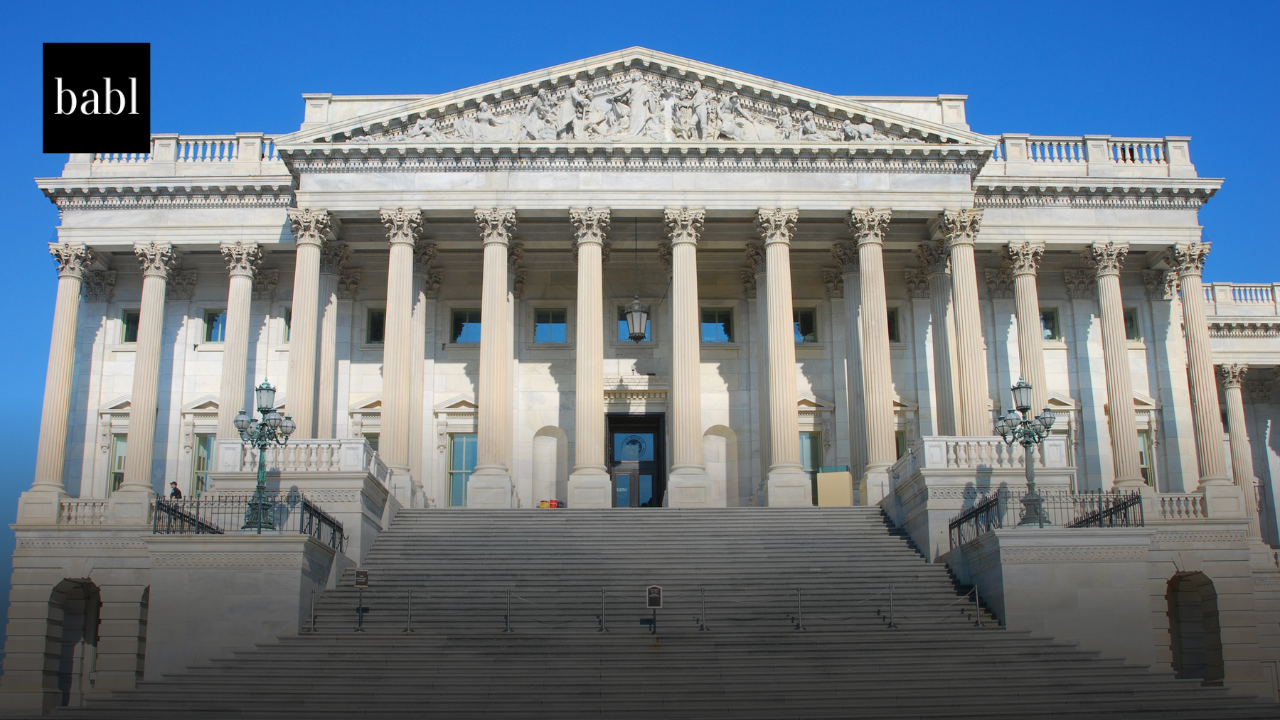On April 9, U.S. Representative Adam Schiff of California introduced a bill titled the Generative AI Copyright Disclosure Act of 2024. The main purpose of the proposed legislation is to require entities that create or significantly alter training datasets used for building generative AI systems to submit a notice to the Register of Copyrights, providing details about any copyrighted works included in those datasets.
Specifically, the bill mandates that any person who creates a training dataset or alters an existing one in a significant manner (including updates, refinements, or retraining) for use in building a generative AI system must submit a notice to the Register of Copyrights. This notice should contain several things. A sufficiently detailed summary of any copyrighted works used in the training dataset (for those creating a new dataset) or used to alter the existing dataset (for those making significant changes). The URL for the training dataset, if it is publicly available on the internet at the time of submitting the notice. The notice must be submitted within 30 days before the generative AI system that uses the training dataset is made available to consumers (for new systems after the Act’s effective date), or within 30 days after the Act’s effective date (for systems already available to consumers).
Failure to comply with the notice requirement will result in a civil penalty of not less than $5,000. The Register of Copyrights is tasked with issuing regulations to implement the civil penalty within 180 days after the Act’s effective date. Additionally, the Register of Copyrights is required to establish and maintain a publicly available online database containing all the notices submitted under this Act. The Act is set to take effect 180 days after its enactment.
According to a press release from Representative Schiff, ““AI has the disruptive potential of changing our economy, our political system, and our day-to-day lives. We must balance the immense potential of AI with the crucial need for ethical guidelines and protections. My Generative AI Copyright Disclosure Act is a pivotal step in this direction. It champions innovation while safeguarding the rights and contributions of creators, ensuring they are aware when their work contributes to AI training datasets. This is about respecting creativity in the age of AI and marrying technological progress with fairness.”
If you’re wondering how the Generative AI Copyright Disclosure Act of 2024, the EU AI Act, or any other AI regulations and laws worldwide could impact you and your business, don’t hesitate to reach out to BABL AI. Their Audit Experts can address your concerns and questions while offering valuable insights.





